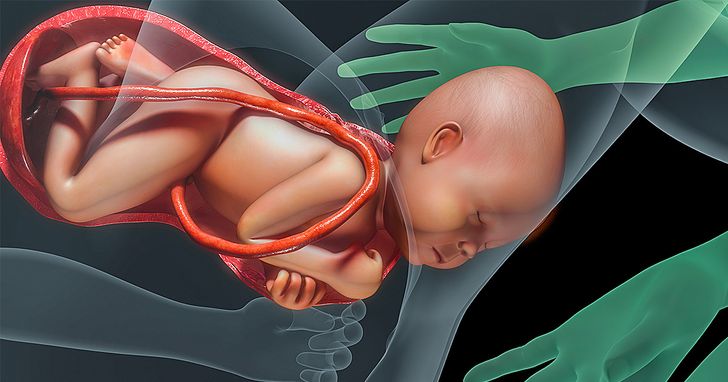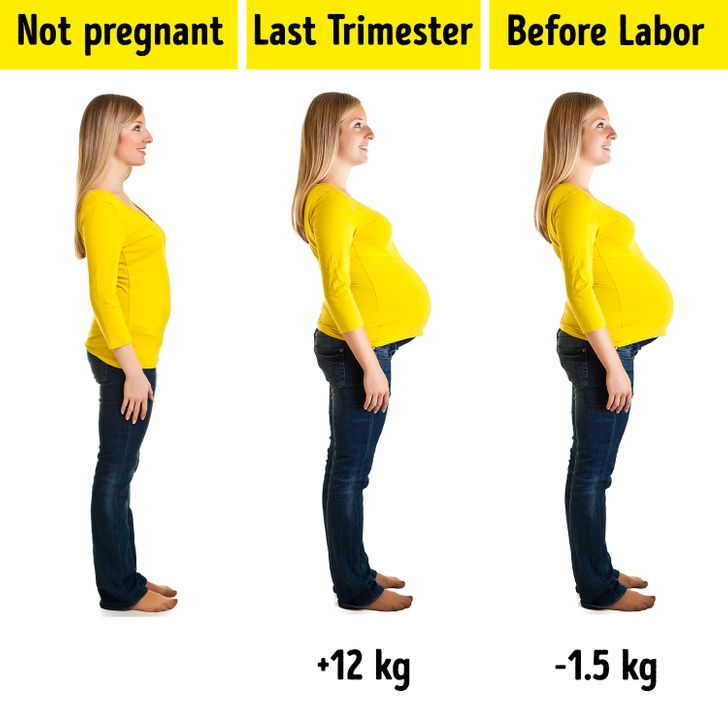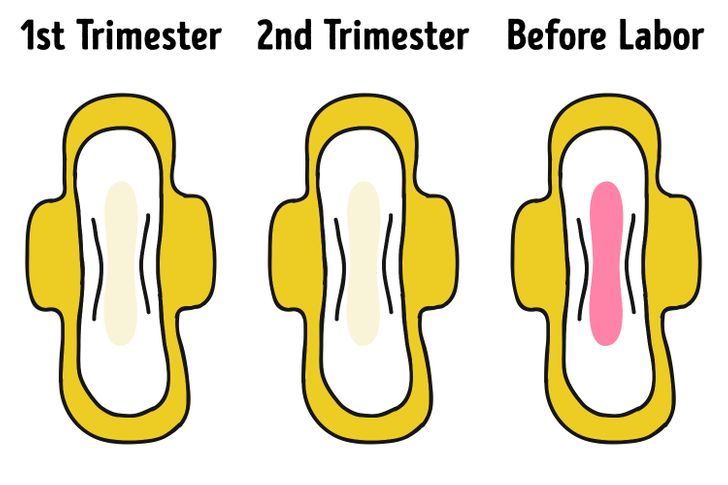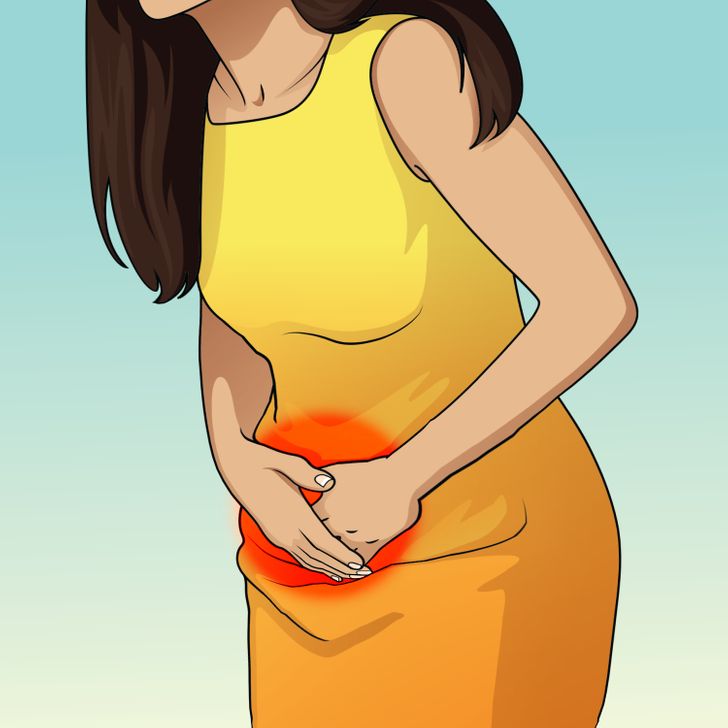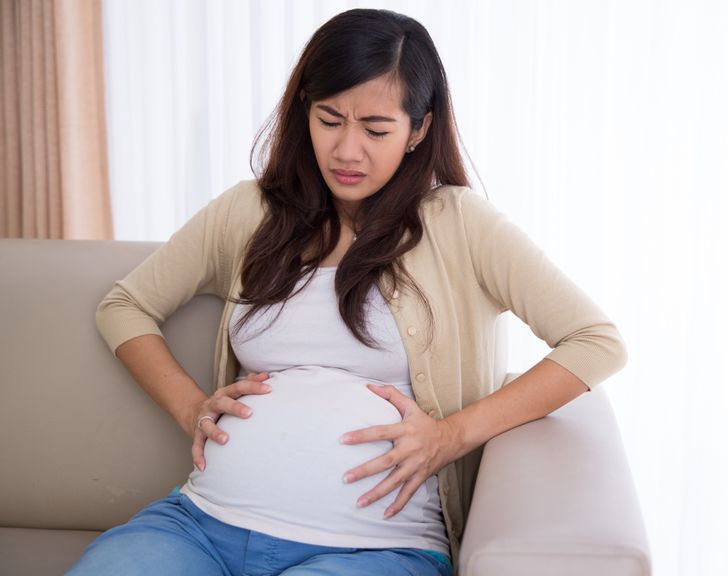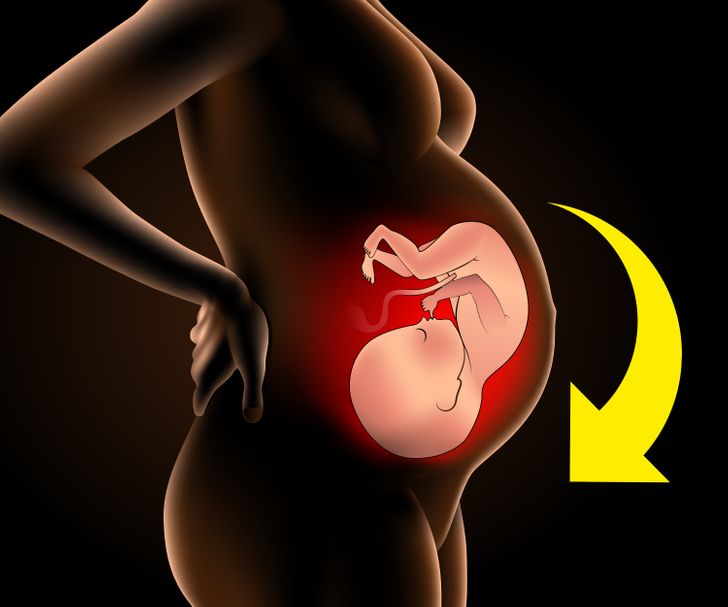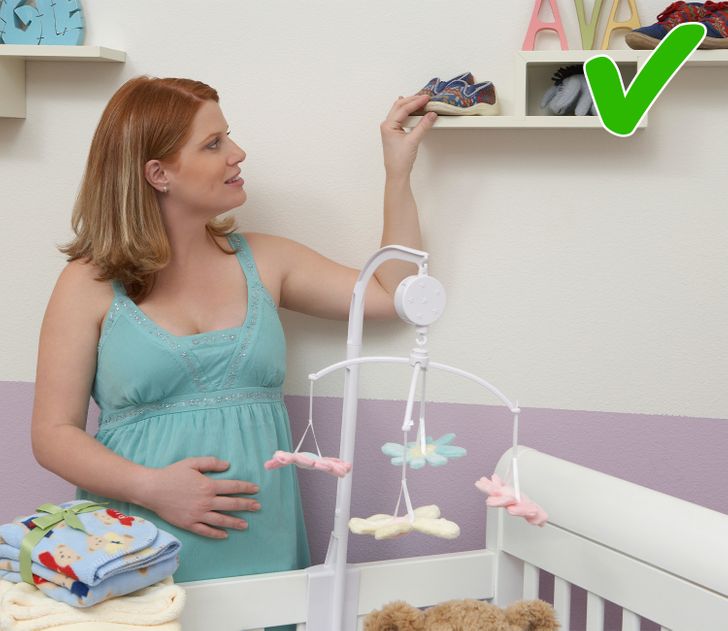I think this article is very useful and important for every young women who plans to have a child.
Saved it.
How to Recognize Early Labor Signs and Key Things to Do
Pregnancy, while a joyous experience, also brings with it many worries. How will labor feel, how long will it last, and how to know whether it’s the real deal or just a false alarm are just some of the questions moms-to-be lose sleep over.
To help soon-to-be parents recognize the early signs of labor Bright Side prepared a list of 8 signs that you should be on the lookout for.
You stop gaining weight, and might even experience a slight weight loss.
During the last phase of pregnancy, you will stop gaining any further weight. Some moms-to-be also experience a slight weight loss. But don’t worry, it’s totally normal and neither you nor your baby will experience any adverse effects, and your baby will still continue to gain weight.
Look for changes in color and consistency in vaginal discharge.
In the last days leading to labor, you may notice an increase in vaginal discharge. The discharge during this period will also be more viscous than usual. This thick, pink discharge is called the bloody show and is an indicator that labor is forthcoming.
You might experience period-like cramps.
Early labor contractions feel like strong menstrual cramps. You may experience pain in the lower abdomen, the lower back, or in both of these places. This pain can also radiate down into your legs.
Contractions become more frequent and severe.
If your contractions are becoming more frequent and their intensity tends to build over time as labor progresses, it is time to call your doctor or midwife. Contractions are an early sign of active labor. They occur because your uterus tightens in preparation for the moment you are eagerly waiting for: to push the baby out.
You feel that the baby is dropping down into the pelvis.
This one is especially for first time mothers. First-time moms might feel the baby dropping down into the pelvis. It typically occurs a 2 to 4 weeks before labor begins, but might vary. Inform your doctor after you feel this sensation. This happens because the baby is getting into the exit position, ideally with the head down and low.
In subsequent births, this feeling occurs only when you are truly in labor.
Lower back pain refuses to die down.
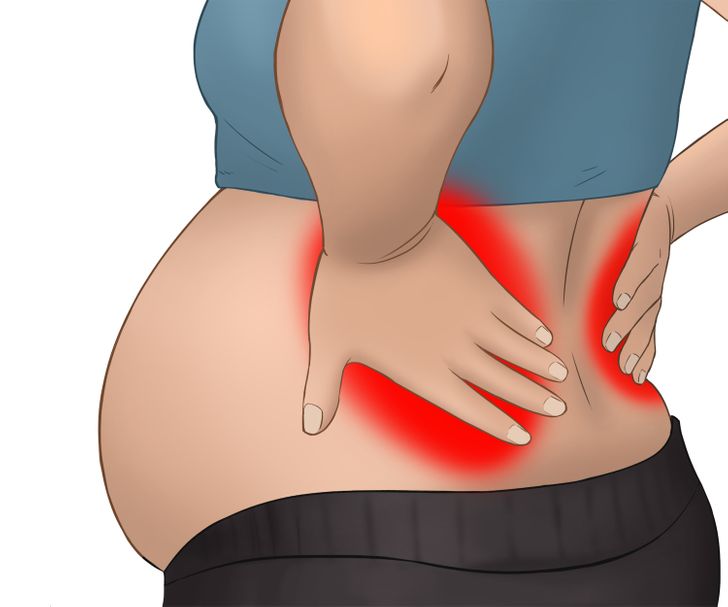
You might experience pain in your lower back and groin as labor approaches. This is because the muscles responsible for giving birth are shifting and stretching in preparation for the big happy day.
You want to tidy your home and get it ready for the child.
Many moms-to-be develop a nesting instinct as the day of birth gets closer. If you too feel a compelling urge to clean your home and organize everything to welcome the newest member of your family, you might be nearing the long-awaited day. However, you might also feel extra tired and find it hard to sleep during the final days or weeks leading to birth. If this is the case, be sure to let your doctor know.
Your cervix begins dilating.
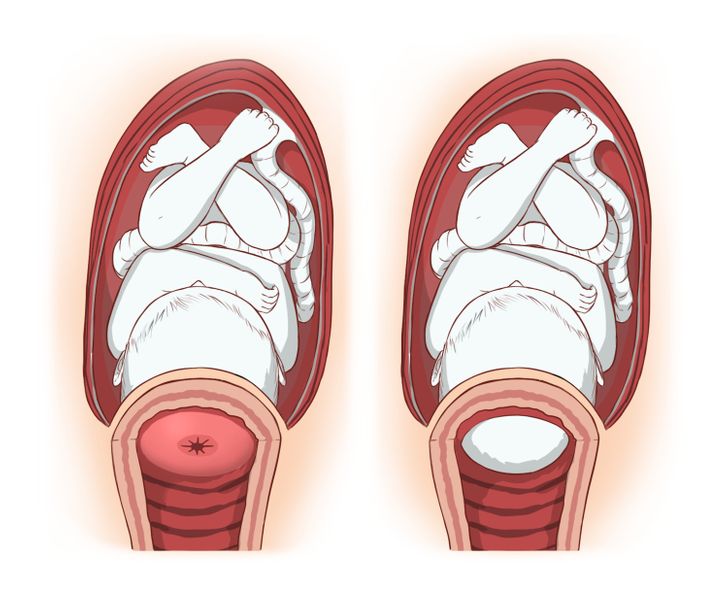
As preparation for giving birth, the cervix begins dilating and thinning out a few days or weeks before you deliver. But remember that everyone progresses toward birth differently, so it is important to get checked regularly by your doctor or midwife.
What to do when labor begins
- Keep changing positions: Going for a walk and swaying your hips sideways helps. The key is to remain mobile so that the baby can descend and put more pressure on your cervix to help it dilate.
- Make sure to eat and drink enough water: Eating before active labor begins will give you all the energy you need to keep feeling good and strong. Don’t forget to take a bottle of water to the hospital.
- Don’t rush: Labor, especially the first one, can be a long process. You should go to the hospital when your contractions become regular, and come every 4-5 minutes.
- Don’t forget your hospital bag: You can see the example of what should be in your Mom bag here.
Share this article with all the pregnant women you know. And if you have experienced pregnancy, let us know what other signs you noticed before labor.
Comments
Thank you for this useful info! ?
Related Reads
Zac Efron’s Appearance a Few Days Ago Leaves Fans Shocked and Worried

A Detail Spotted on Salma Hayek’s Breasts Sparks Big Controversy, as She Celebrates 57th Birthday

Miley Cyrus Causes a Stir by “Leaving Nothing to the Imagination” as She Wears an Extremely Revealing Dress

Selena Gomez Was Body Shamed Following Her Latest Red Carpet Appearance, and Her Reaction Was Priceless

«Why She Looks 40?» Kylie Jenner, 26 Gets Body Shamed by Trolls for Looking Older in Recent Paparazzi Pictures

I Want to Divorce My Husband Because He Shaved My Head

Sharon Stone, 65, Shares a Stunning Bikini Photo, But One Twist Completely Stole Her Thunder

«You Ain’t Got the Body to Pull It Off», Stunning Selena Gomez Deemed Too Big For Her Tight Dress

15 Awkward Situations When Every Girl Realizes Life’s Betrayed Her
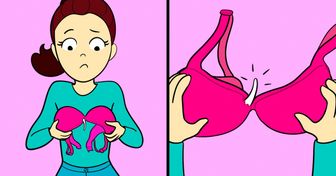
15+ Girls Show What Makeup Done by Blunderers Looks Like

Model Lost Entire Lips in Pitbull Attack, And She Reflects on Her Recovering Journey

What 10 Literary Characters Would Look Like If Filmmakers Made Movies 100% by the Book

